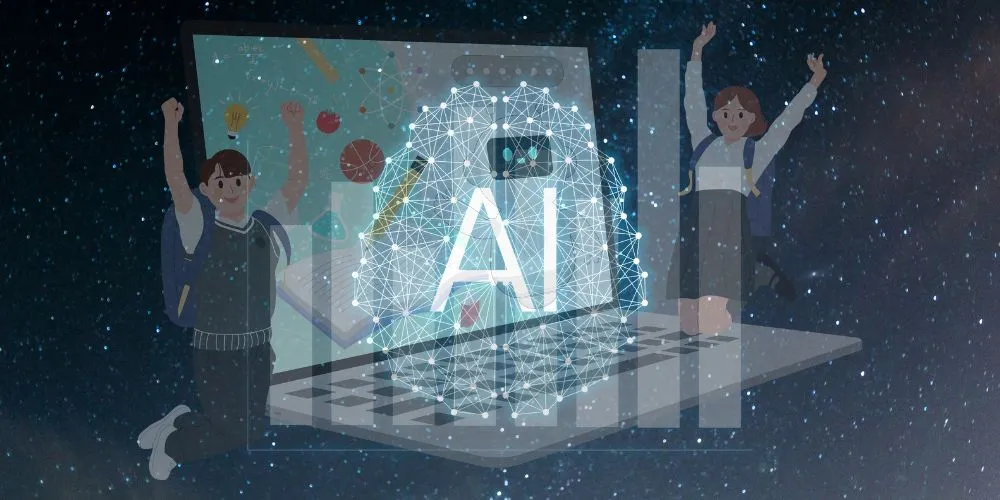Artificial Intelligence (AI) is reshaping the education landscape, ushering in a new era of personalized learning, data-driven insights, and innovative teaching methodologies. The impact on students and educators is profound as AI technologies become integral to classrooms, virtual learning environments, and educational tools. The intersection of AI and Education promises enhanced accessibility, tailored learning experiences, and a paradigm shift in how knowledge is imparted and acquired.
Personalized Learning Journeys
AI in Education is revolutionizing traditional teaching methods by offering personalized learning experiences. Adaptive learning platforms powered by AI analyze individual student performance, learning styles, and preferences. This data-driven approach allows educators to tailor lesson plans, assignments, and feedback, ensuring that each student advances at their own pace and receives targeted support where needed.
Intelligent Tutoring Systems
Intelligent Tutoring Systems (ITS) utilize AI to deliver personalized, interactive support to students. These systems dynamically adapt to the learner’s pace, offering additional explanations, practice opportunities, and feedback. With AI as a virtual mentor, students receive individualized guidance, fostering a deeper understanding of subjects and promoting self-directed learning.
Data Analytics for Educators
AI in Education enables educators to harness the power of data analytics for informed decision-making. Educators can identify trends, tailor teaching strategies, and implement targeted interventions by analyzing student performance, attendance, and engagement. This data-driven approach empowers educators to address challenges promptly and optimize the learning environment for better student outcomes.
Bridging Educational Gaps
AI in Education contributes to greater accessibility and inclusivity in Education. Voice recognition and natural language processing technologies assist students with learning disabilities by providing alternative interaction methods. AI-driven translation tools break down language barriers, facilitating Education for diverse linguistic communities. Integrating AI in Education ensures that Education becomes more adaptive and accessible to a broader spectrum of learners.
Conclusion
The infusion of AI into Education represents a transformative force with the potential to reshape the entire learning landscape. By fostering personalized learning journeys, serving as virtual mentors, providing data-driven insights for educators, and enhancing accessibility, AI is contributing to a more dynamic, inclusive, and effective educational experience.
As we embrace the evolving relationship between AI and Education, the key lies in leveraging these technologies to empower educators, engage students, and create a learning environment that equips individuals for the challenges and opportunities of the future.





